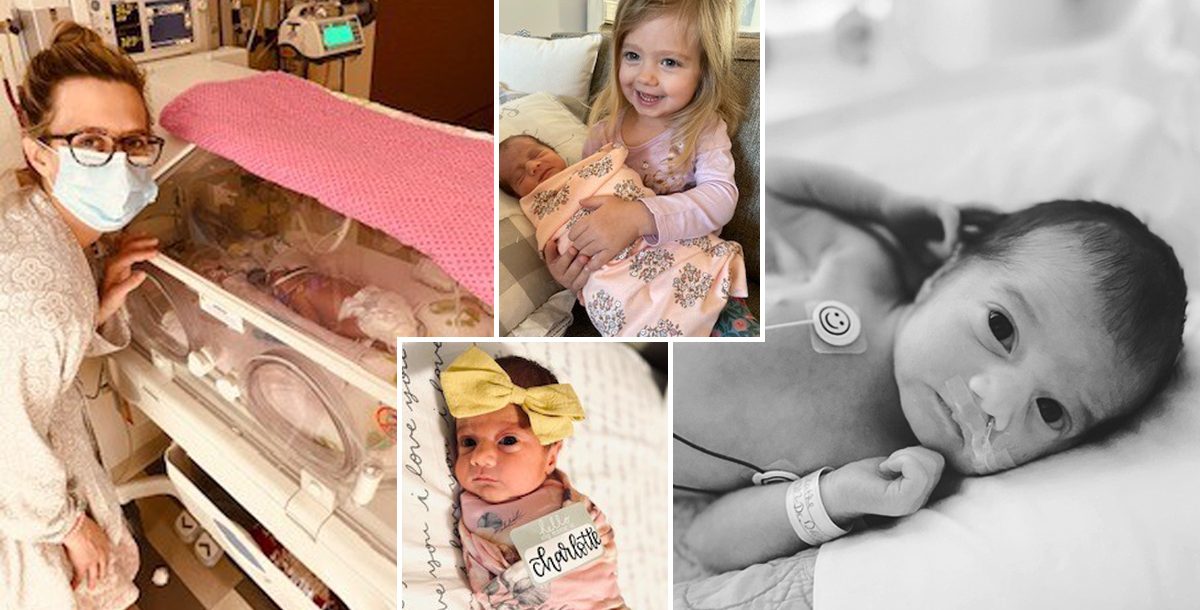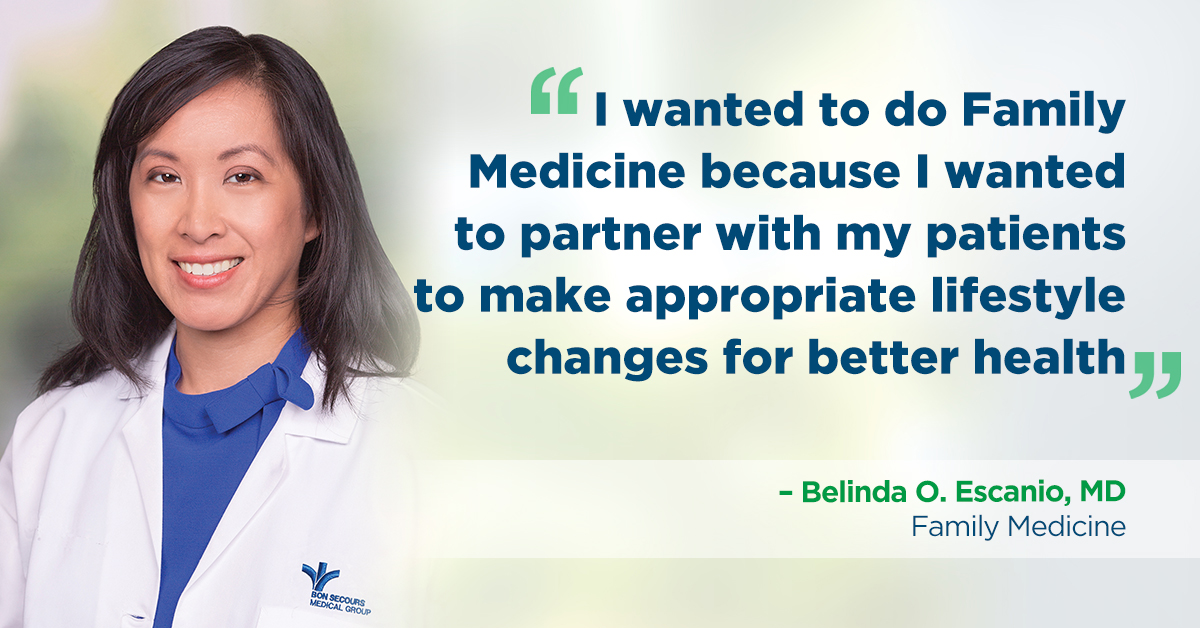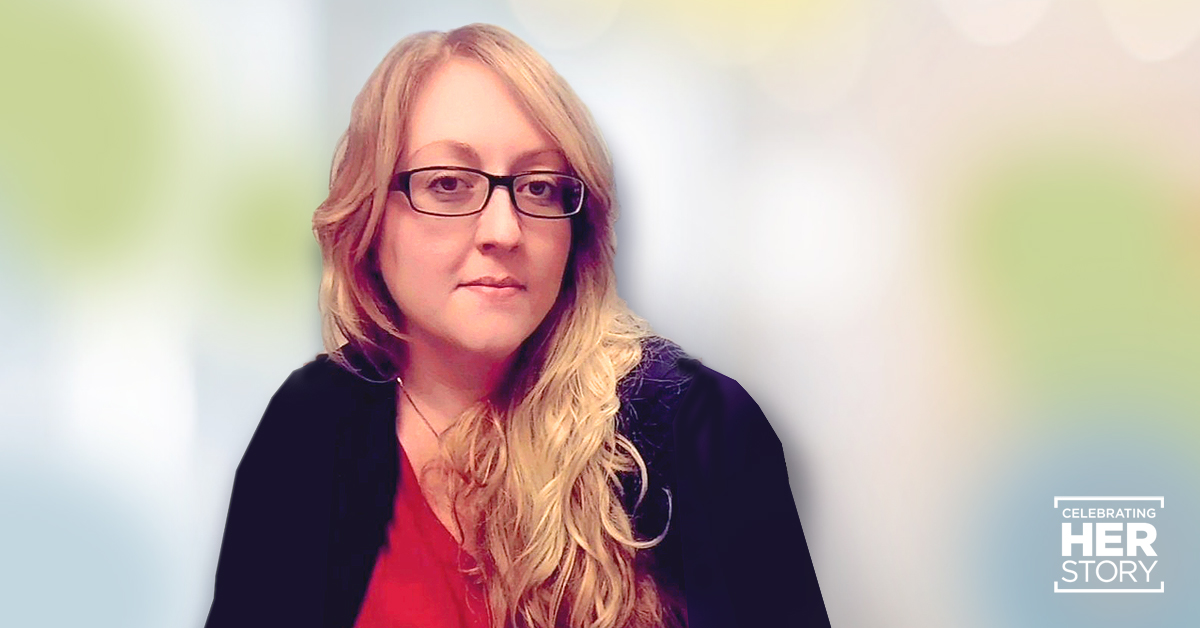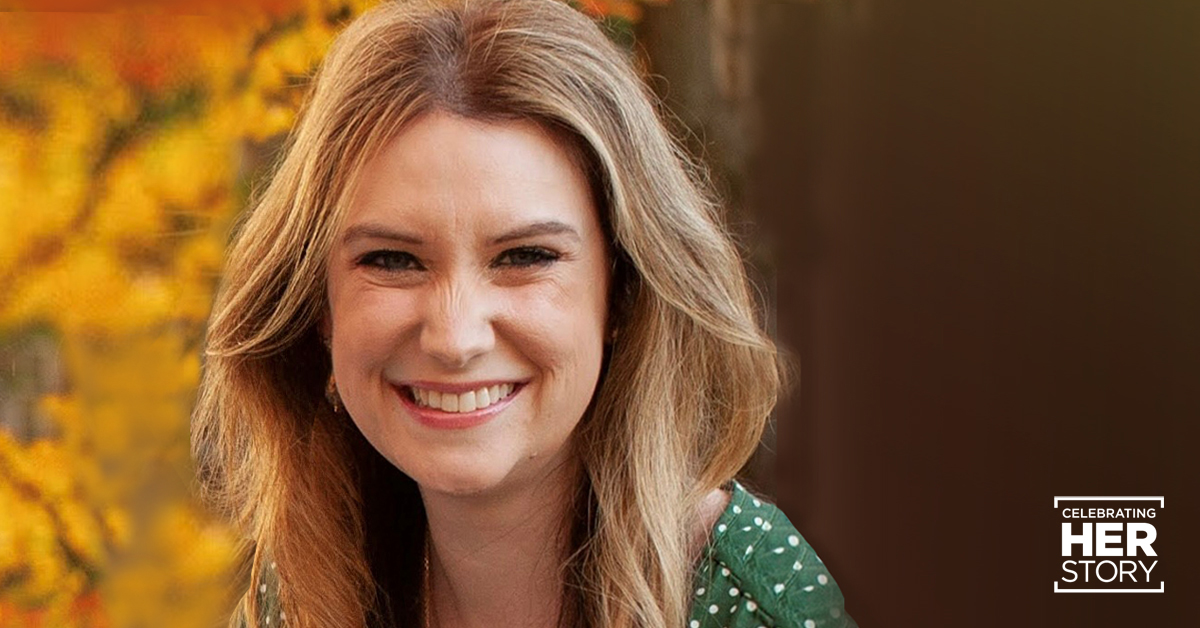There’s an abundance of medical research showing the benefits of breast milk during infancy can carry over to later in life. This research consistently supports that breast milk is the safest and most nutritious feeding method for babies.
“Breast milk’s best. It’s the most natural way to feed a baby. It gives the baby all kinds of immunoglobulins, immune factors so to speak, to help the baby grow and fight infections,” shares Dr. Sue Miller, MD, Director of Neonatology at Bon Secours St. Francis Eastside. “Breastfed babies have lower rates of obesity and asthma – just overall wellbeing.”
When Dr. Miller joined Bon Secours in December 2018, only 23% of feedings at discharge from the Neonatal Intensive Care Unit (NICU) were done exclusively with breast milk.
“The NICU is hard, because a mom has to pump,” says Dr. Miller. “It’s not just putting the baby to the breast while you’re all in the same room. For weeks, she’s got to pump every 3 hours, around the clock, for a baby who’s in the hospital and not with her. It can be a really big, tough job for moms.”
This includes mothers like Katie Martin (pictured above). She gave birth to baby Charlotte on December 28, 2020 six weeks before her anticipated due date. At just 34 weeks old and the small size of 4 pounds, 14 ounces, baby Charlotte was taken to the NICU where she’d stay for the next two weeks.
Meanwhile, Katie returned home to her other daughter, Bailey, where life had become a little more challenging than when she’d left.
“It was a lot harder,” Katie shares. “I had a 2-year-old at home, and I came home and slept on the couch. For those two weeks, even in the middle of night I got up every three hours and pumped. I just kept telling myself it’s what Charlotte needs.”
As a former labor and delivery nurse, Katie knew Charlotte – like other premature babies – was at a higher risk for infections and complications. Providing breast milk, an important source of infection-fighting nutrients, became her way of helping protect her child from afar.
“With Charlotte in the hospital – I felt helpless having to leave her there – but this way, when I was coming home, I was doing something for her. I felt like I was helping. Every time I’d go see her, I’d take her milk. I even told my toddler, ‘We’re going to see Charlotte because we have to take her milk.’”
Empowering mothers and growing healthy babies were the driving reasons behind the quality improvement campaign that Dr. Miller and her team launched after discovering how low the rate of exclusive breast milk feedings had become. Staff added new signs and handed out cards to help educate moms-to-be about the benefits of breast milk. Nurses and lactation consultants followed through on that education by talking with moms and helping them get pumping early.
“I didn’t know anything about the hospital’s breastfeeding rates, but as soon as Charlotte was born – maybe even the night before – there were nurses already talking to me about the importance of pumping within two hours of the birth,” Katie remembers. “In fact, by the time I got to the mother/Infant room, they already had the pumping equipment set up and ready for me.”
The breast milk diet has done its job keeping baby Charlotte healthy. She’s now at home with her family, and she’s even learned to breastfeed straight from Mom.
“Once she was off CPAP and off oxygen, we were finally able to do skin to skin and she just latched on and we went from there. It’s been really great for us, bonding.”
Dr. Miller says the goal of the quality improvement campaign was to get Bon Secours’ exclusive breast milk feedings at discharge up to 35%. By December 2020, they’d surpassed the goal – hitting 44%! This rate is also higher than the national average for NICU babies.
You can learn more about the benefits of breastfeeding or get assistance from a Bon Secours Lactation Consultant by calling 864-675-4215. The phone line is covered Monday through Friday, from 8:30am to 5:30pm.
Learn more about the maternity services we offer at Bon Secours.





